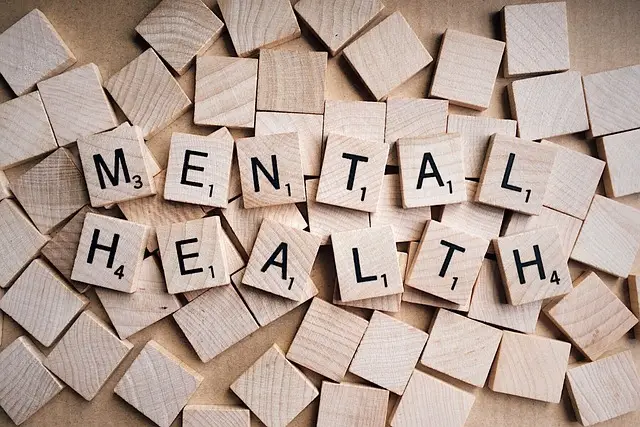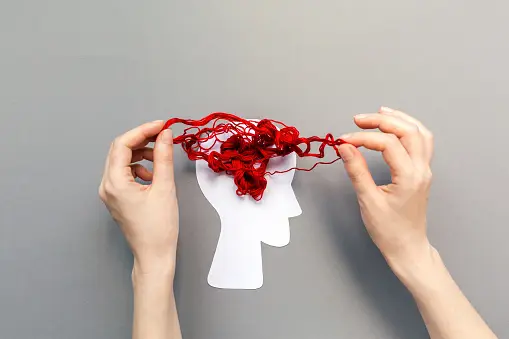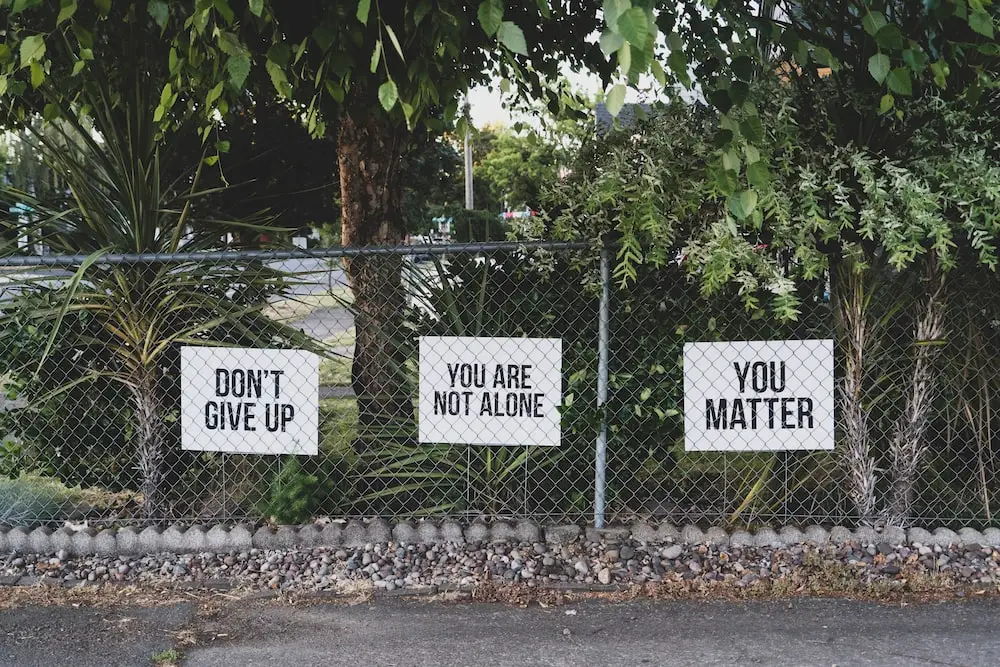Introduction to mental health
Mental health is more than just the absence of mental disorders. It is an important part of our overall health and well-being. It affects every aspect of our lives - from our emotions and relationships to productivity and self-determination.
According to the definition of WHO, mental health is a state of happiness and well-being in which a person can reveal his creative abilities, respond effectively to life stresses, work productively and contribute to public life. This definition emphasizes that mental health combines the physical and mental state of a person with its social aspects. It is important for realizing desires, realizing goals and achieving good physical well-being.
The state of mental health depends on many factors, including social, environmental and economic. A person with a harmonious mental state can recognize his emotions, control them and function harmoniously. She is able to communicate and build relationships with others, develops and learns, positively evaluates herself, accepts and loves herself. It is also important to make your own firm decisions and adapt to new living conditions.

Keep reading to learn more about mental health and how it affects our lives.
What is mental health?
Mental health is a state of well-being and happiness in which a person can discover his creative abilities, effectively overcome life's stresses, work productively and contribute to social life. It unites a healthy spirit and psyche of a person with a social component. Mental health is important for the realization of desires, the realization of goals and the achievement of good physical well-being.
The state of mental health is determined by such signs as the realization of creative abilities, stable peace of mind, the ability to resist life's stresses, the harmonious functioning of emotions and the ability to communicate and build relationships with others. Creativity allows a person to express himself and develop his talents. Stable peace of mind helps maintain emotional balance even in difficult situations. The ability to withstand stress is important for maintaining psychological well-being. The harmonious functioning of emotions allows a person to control his emotions and express them in an adequate way. The ability to communicate and build relationships with others is key to psychological comfort and satisfaction.
Mental health is a key factor in overall well-being and satisfaction in life. It is important to understand that mental health is not limited to the absence of mental disorders. This is a process of constant development and self-discovery that allows us to become the best version of ourselves.
Components of mental health
- Realization of creative abilities
- Permanent peace of mind
- The ability to withstand life's stresses
- Harmonious functioning of emotions
- Ability to communicate and build relationships with others

The impact of mental health on our lives
Mental health affects every aspect of our lives, from our daily activities to our relationships and overall well-being. When we have a healthy mind, we are in a state of peace of mind and good mood. Our mental activity improves, we are more productive and efficient in completing tasks. Mental health also gives us a high level of energy and physical activity, which allows us to work purposefully to achieve our goals.
Benefits of mental health
- Supports peace of mind and good mood
- Improves mental activity and productivity
- Provides a high level of energy and physical activity
- Promotes the development of social skills and building relationships with other people
- Helps to make firm decisions and effectively solve problems
Our mental health also affects our ability to communicate and build relationships with other people. When we have a stable psychological state, we can be more emotionally stable and empathetic. It helps us to develop deep and satisfying relationships with others.
The impact of mental health on our lives is extremely significant. Being in a stable mental state allows us to better understand ourselves, make solid decisions and effectively solve problems. It contributes to our general well-being and satisfaction with life.
Now that we've looked at the impact of mental health, let's see how we can improve it.

How to improve mental health
Mental health is an integral part of our lives and it is important to know how to take care of it. There are several tips and strategies that can help us maintain a healthy mind and emotional state.
| Tips and Strategies | Age | For Whom? |
| Create rituals for a balanced life | 18-60 | for men and women |
| Be physically active | 18-60 | for men and women |
| Chat and build relationships with other | 18-60 | for men and women |
Creating rituals for a balanced life is one way to improve mental health. These can be small daily activities such as meditation, journaling, reading, or going for walks in the fresh air. They help create a sense of stability and control in our lives.
Physical activity also affects our mental health. This is not limited to sports - walking in the park, gardening or doing household chores are also considered physical activity. It changes chemical processes in the brain and helps us to distract ourselves from worries and concentrate on positive moments.
Communicating and building relationships with other people is another aspect of improving mental health. Stable and satisfying relationships make us emotionally stable and empathetic. They support us and contribute to our overall well-being.
With all these tips and strategies, you are ready to improve your mental health. Remember that taking care of your mental health is an ongoing process that should be developed and improved throughout your life. Implement these tips into your daily life and feel the positive changes.
Professional help with mental problems
Mental health is an integral part of our lives, sometimes situations may arise when we need the help of specialists. Psychotherapists play an important role in maintaining and improving our mental state and well-being.
If you observe sleep, eating disorders, or experience long-term apathy and fatigue, we advise you to consult a psychotherapist. They have professional education and experience working with people who have mental problems. They will help you start the process of self-discovery and development, find the sources of problems and provide recommendations for their elimination.
Unfortunately, in our society there are prejudices about psychotherapy, but this trend is changing for the better. It is important to understand that psychotherapy is not the only way to help mental health. Parents also play an important role in the formation of a healthy psyche in their children. Creating a healthy and positive atmosphere in the family is a key factor for mental well-being.
If you are struggling with mental health, don't hesitate to seek help. Psychotherapists are ready to provide professional support and help in overcoming your difficulties. Remember that your mental health is important and needs attention and care.
Myths and facts about mental health
Mental health is an important aspect of our well-being and happiness. It allows us to live a satisfied and productive life. There are many benefits associated with mental health. It provides us with a state of happiness and well-being, helps us realize our creative abilities and resist life's stresses. Mental health makes us more productive at work and enables us to contribute to social life.
But it's also important to know that there are some disadvantages to mental health. It requires constant self-improvement and can be vulnerable to the negative effects of the surrounding environment. Sometimes it is difficult to maintain a balance between work and personal life.
Therefore, mental health requires attention and care. We should strive to improve our mental well-being as much as our physical. A healthy lifestyle that includes physical activity, healthy eating and the ability to set limits for yourself can have a positive effect on our mental health.
Don't be afraid to talk about your problems and ask for support. Understanding and being conscious of our mental health will help us better understand ourselves and find ways to improve it. Our mental health is precious and requires our attention and care.

Conclusion
Mental health is an integral part of our lives, and its importance cannot be underestimated. Understanding and conscious attitude to mental health helps us understand ourselves better, resist stress and problems, develop and achieve our goals.
Improving mental health is an ongoing process that deserves attention. It is important to remember that mental health can be trained and developed, just like physical fitness. Psychotherapists play an important role in providing professional support and help in overcoming mental problems.
It is necessary to understand the myths and facts about mental health, and also seek help when necessary. Our mental health is precious and needs our attention and care. Knowledge, a conscious attitude and the practice of self-knowledge will help us maintain and improve our mental well-being.
Continue to develop your mental health and be on the path to a balanced life!
Questions - Answers
Is mental health important?
Mental health is an integral part of our overall well-being and quality of life. It affects our ability to develop, manage our emotions, build relationships and achieve our goals. Mental health is a key factor in our emotional resilience and life satisfaction. Whether we can face current challenges and find satisfaction depends on our mental state. Therefore, mental health is a very important aspect of our life that needs attention and care.
How can I improve my mental health?
There are many strategies for improving mental health. Ensuring healthy sleep, regular physical activity, balanced nutrition and establishing social contacts are just some of them. It is important to create a regime that supports psychological safety and stability. Physical activity, even walking in the park or doing household chores, can improve our well-being and focus on positive moments. Working on sleep and nutrition can also affect our mental well-being.




